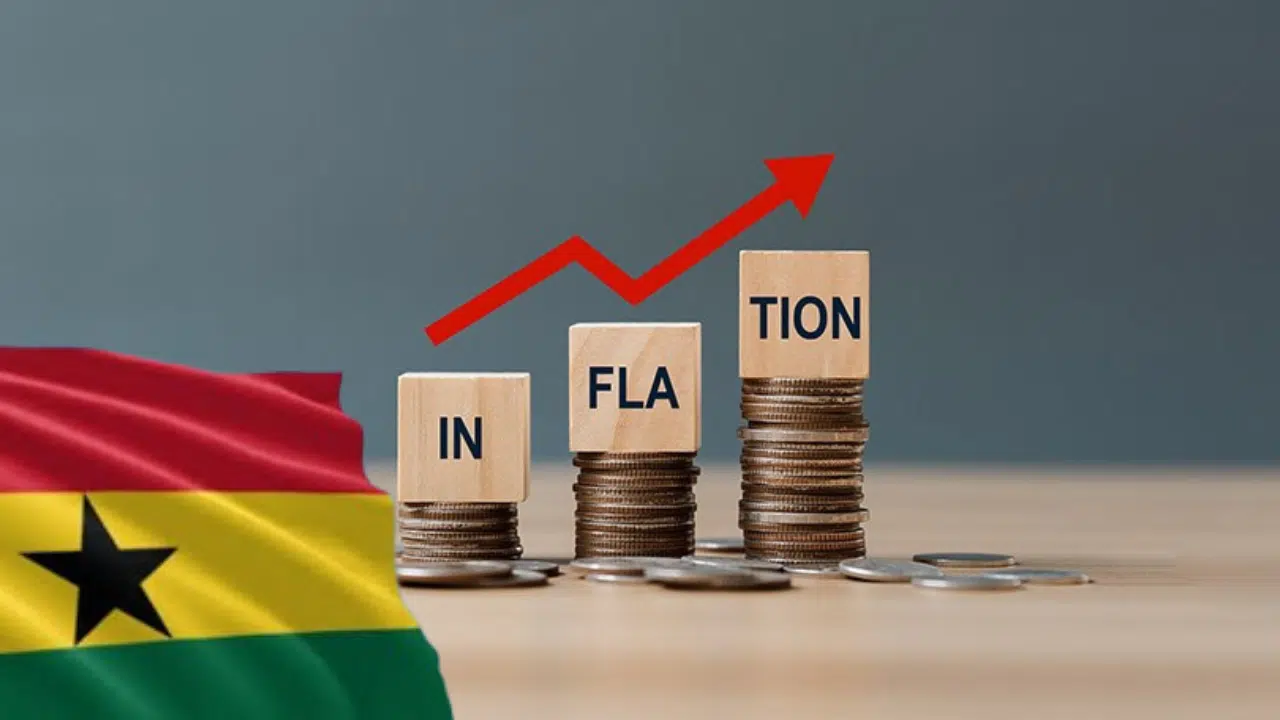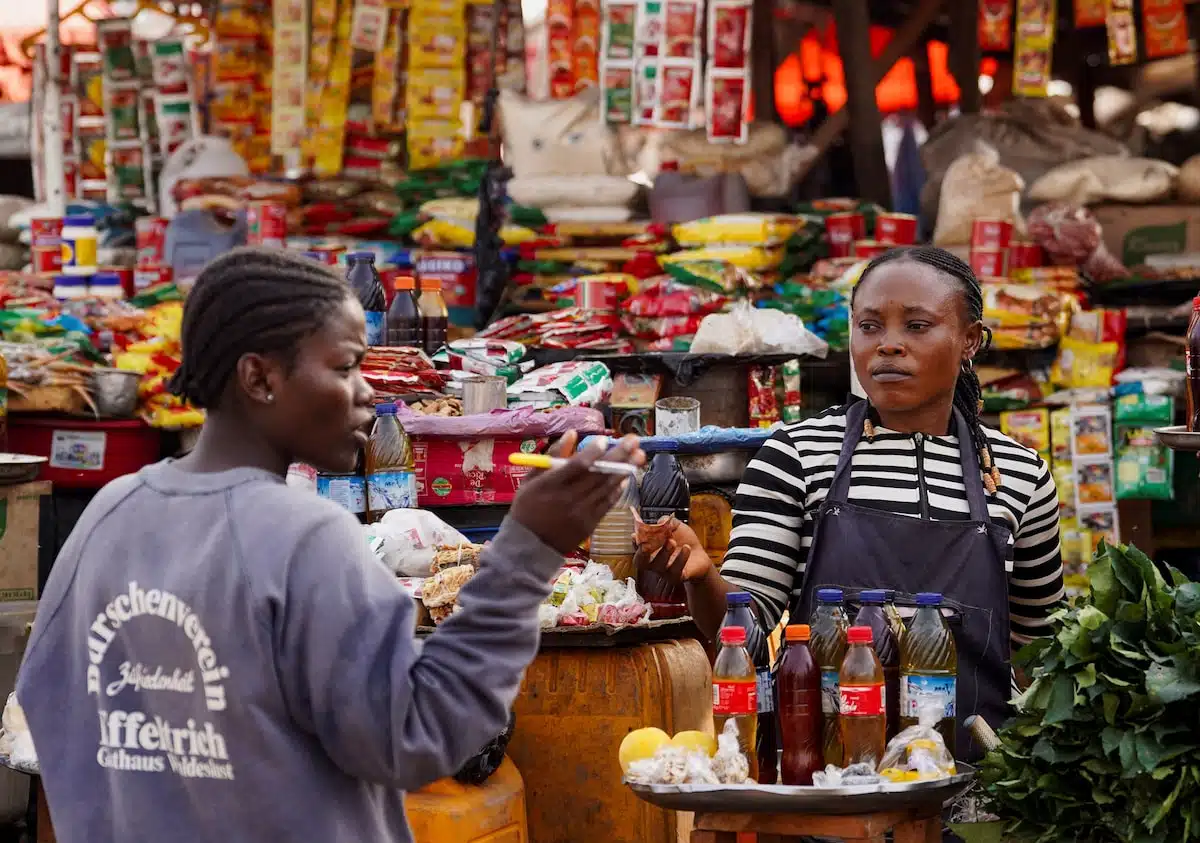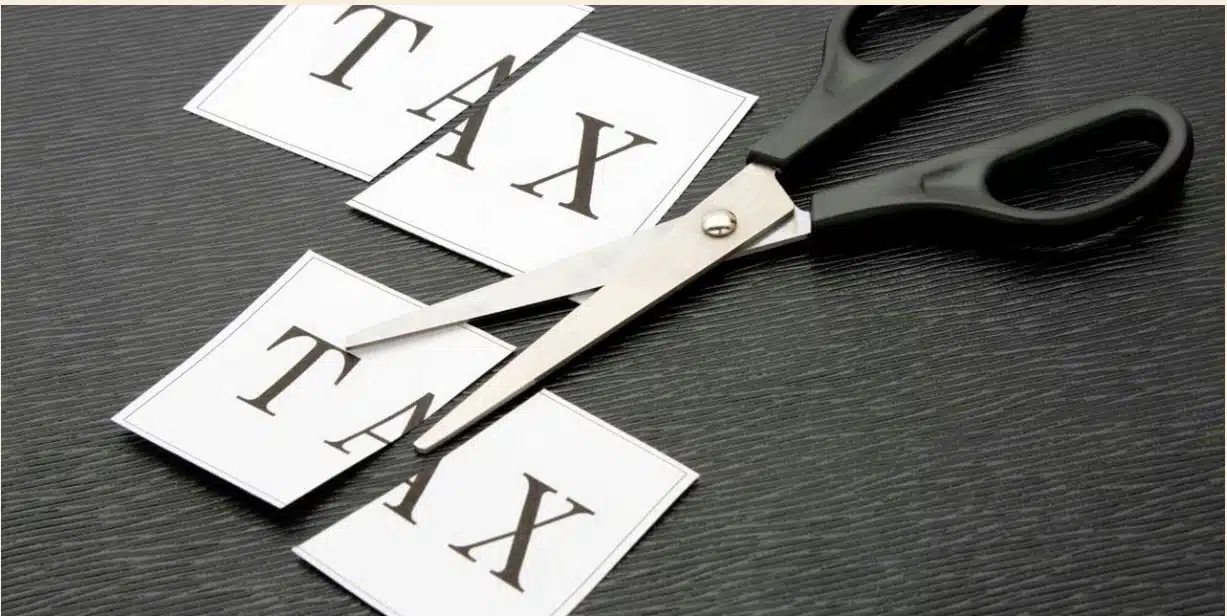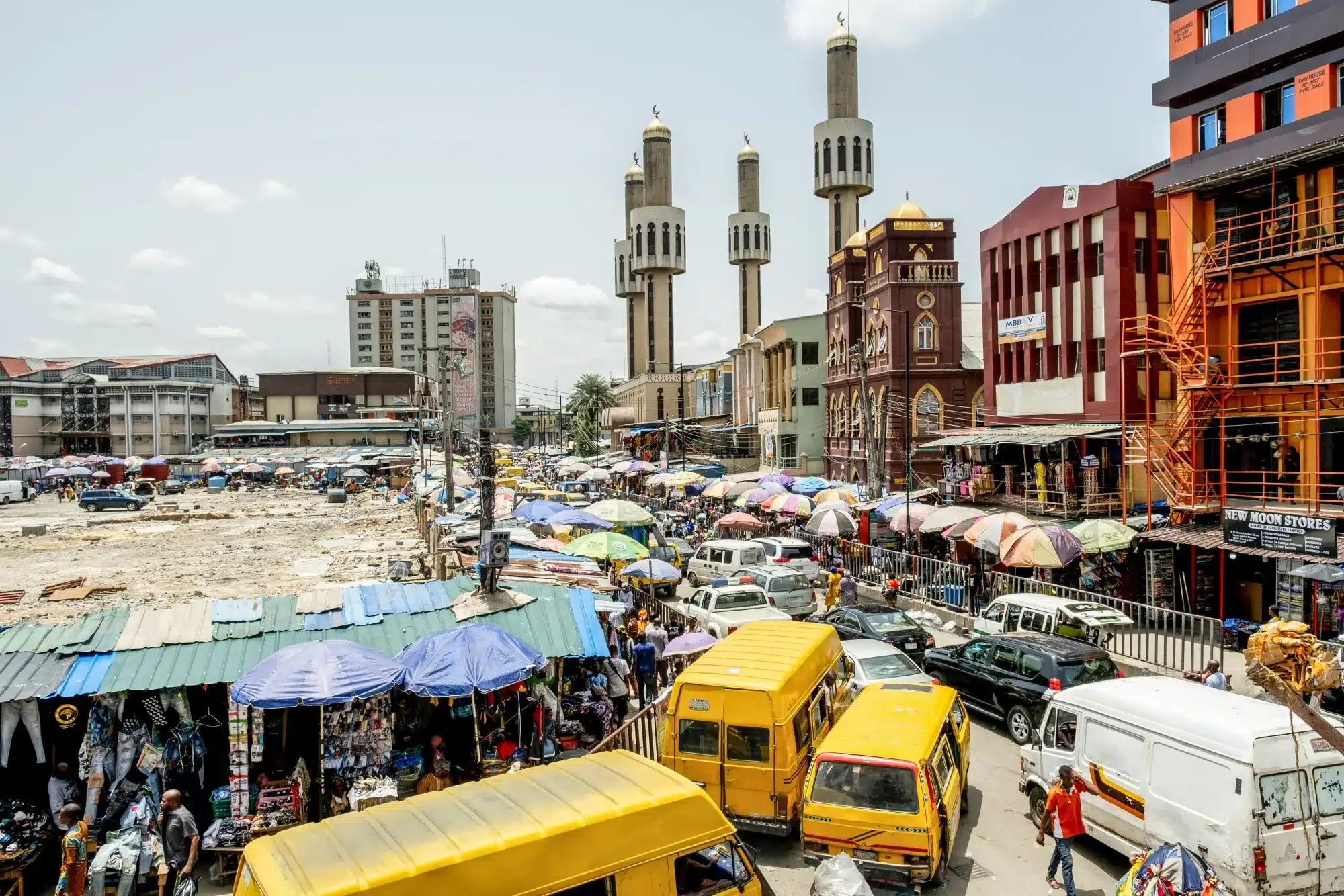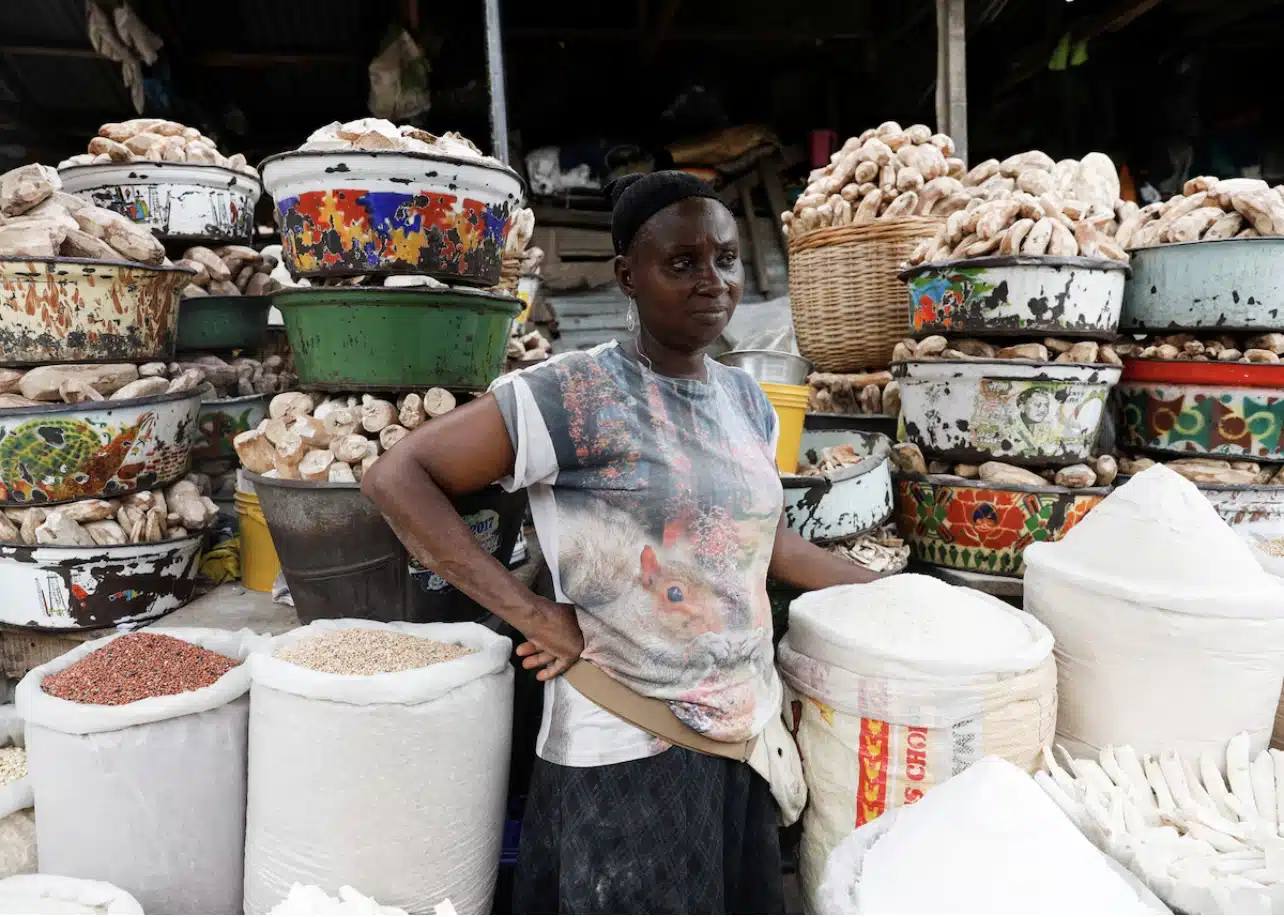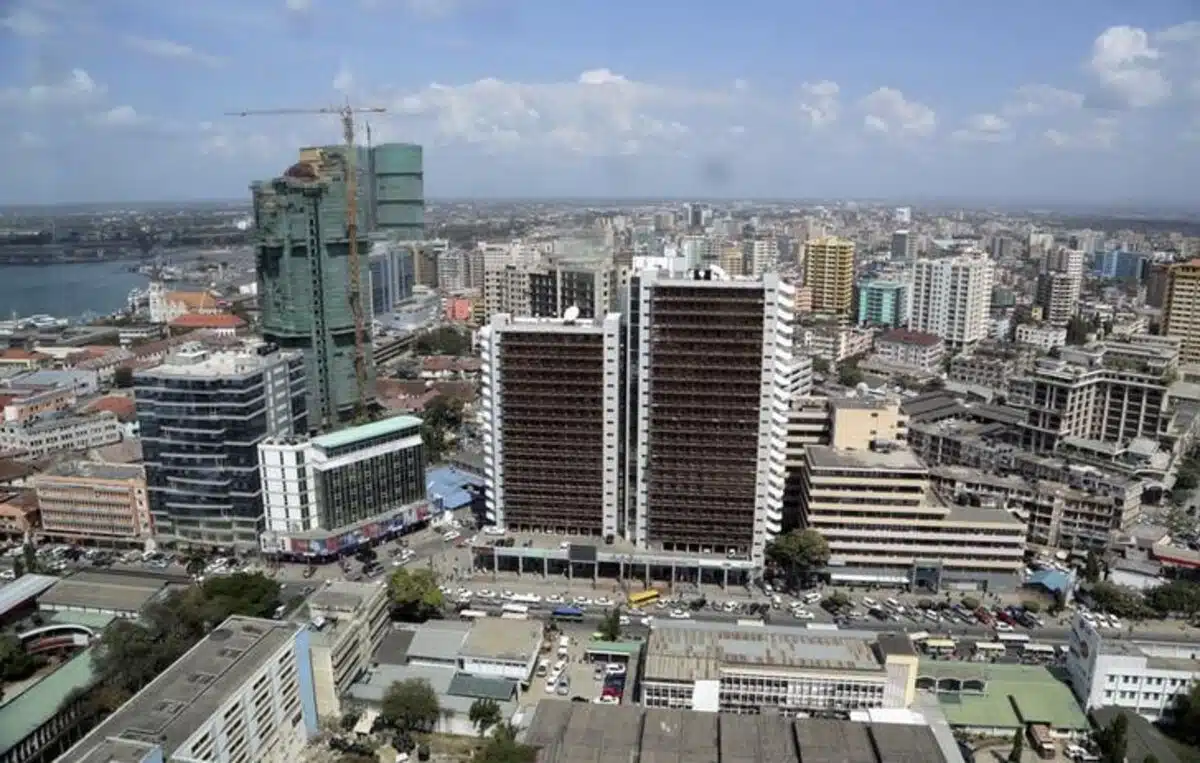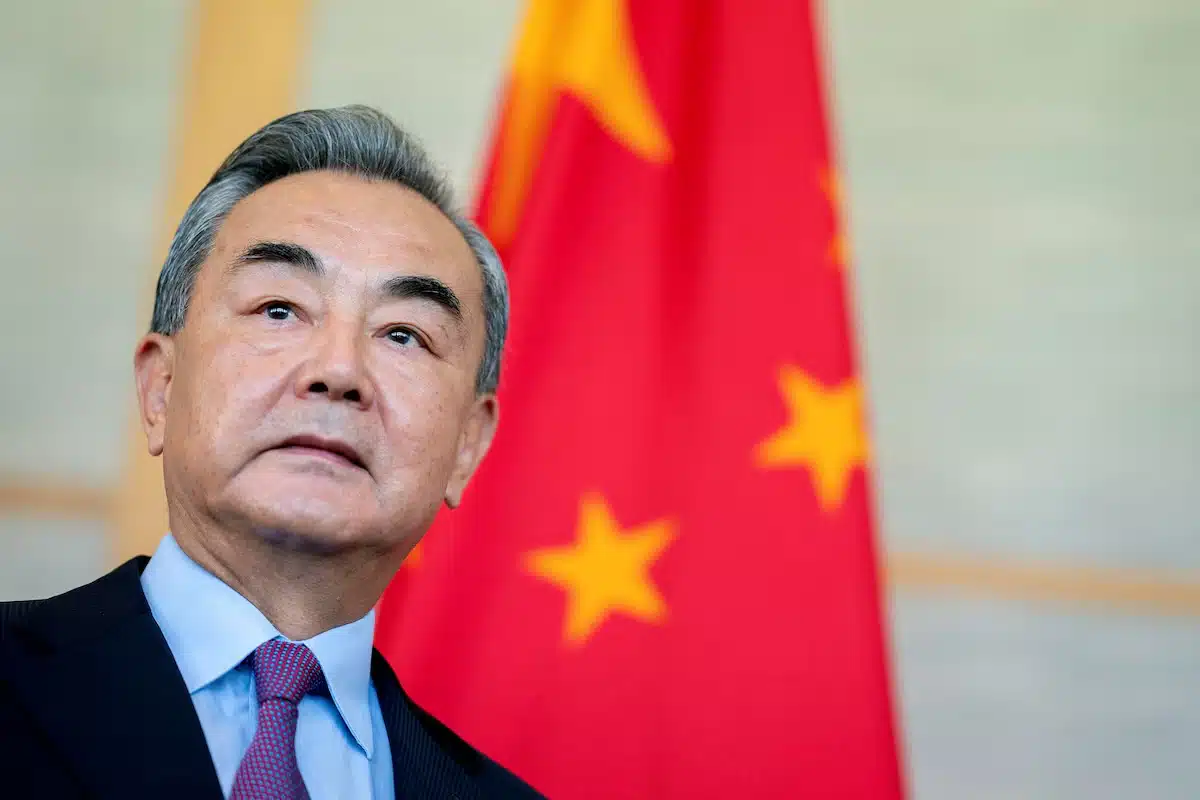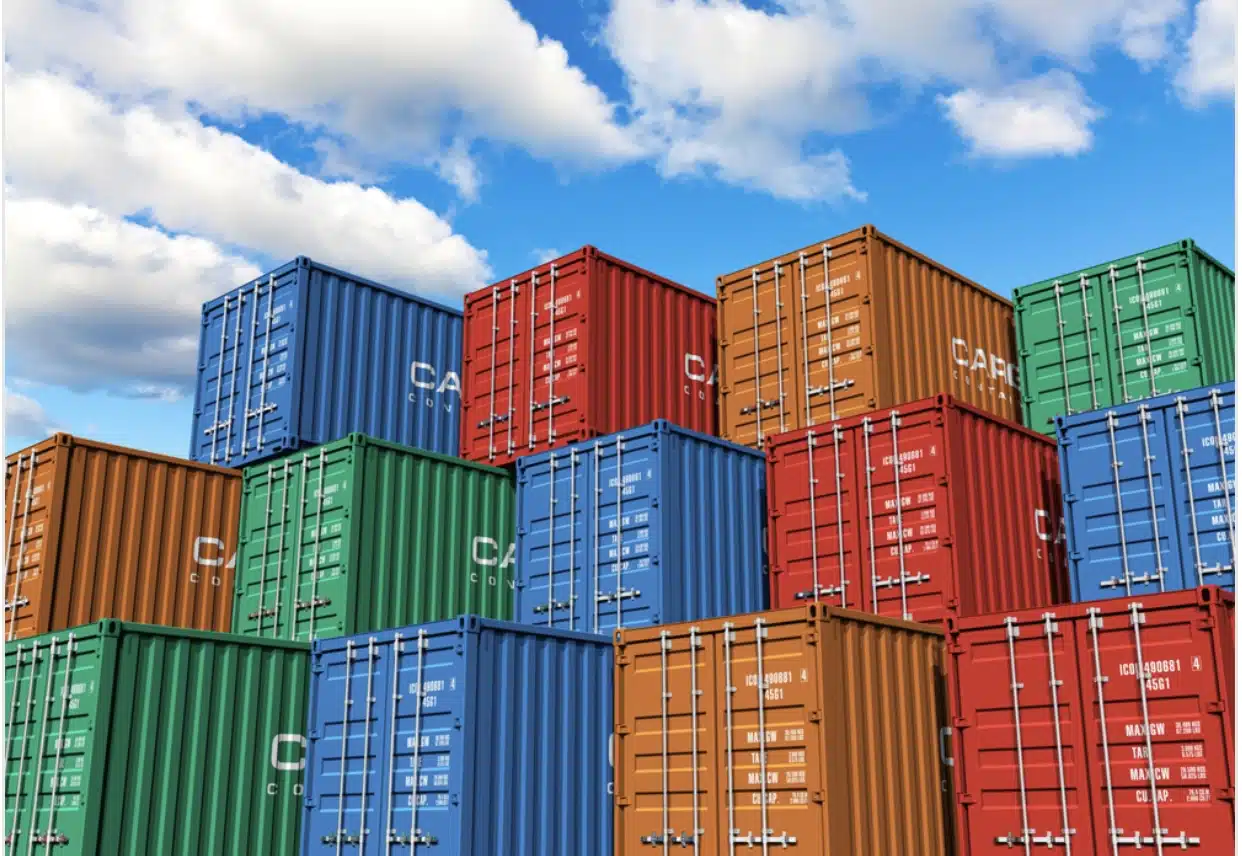Ghana’s annual inflation fell sharply from 18.4% in May to 13.7% in June, extending a downward trend that began six months ago, according to data released by the country’s statistical bureau on Wednesday.
The latest figure represents a nearly 10 percentage point drop since January, when inflation stood at 23.5%, and marks the lowest level since December 2021.
The continuous decline signals that the underlying causes of the inflation — high food costs, currency depreciation and global supply chain bottlenecks — were cooling, Government Statistician Alhassan Iddrisu told reporters.
“The disinflation process we are observing means some breathing room for households, a more predictable environment for businesses, and for policymakers, a powerful signal that recent fiscal and monetary efforts may be taking hold,” Iddrisu added.
He urged authorities not to ease up on policy interventions.
The latest data showed food inflation — a key driver of overall price increases in Ghana — fell to 16.3% in June from 22.8% in May.
“Given how heavily food prices weigh on the average Ghanaian in terms of households’ budget, this single trend can have a meaningful impact on people’s lived experiences,” he said.
The easing inflation comes amid tighter monetary policy.
The Bank of Ghana, led by new Governor Johnson Asiama, held its benchmark interest rate steady at 28% in May, saying the move would help reinforce ongoing disinflation.
The central bank is due to announce its next policy rate decision on July 28.
Despite the downward trend, inflation remains above the central bank’s medium-term target range of 6% to 10%, suggesting monetary authorities may stick with a cautious stance.
The gold-rich West African country is emerging from its worst economic crisis in decades, following a 2022 debt default and a $3 billion bailout deal with the International Monetary Fund.
In his March budget presentation, Finance Minister Cassiel Ato Forson projected inflation would fall to 11.9% by December, supported by significant spending cuts and policy reforms.
Neighbouring Nigeria has also seen inflation ease steadily since April.
Headline inflation slowed for a second month in May, edging down to 22.9% from 23.7% in April, largely due to lower food and housing costs.
With Nigeria’s June inflation figures expected on July 15, businesses and analysts are eagerly watching to see if the downward trend persists.

